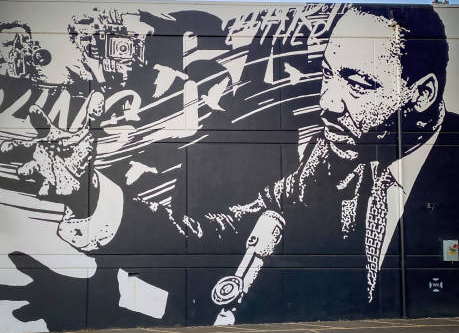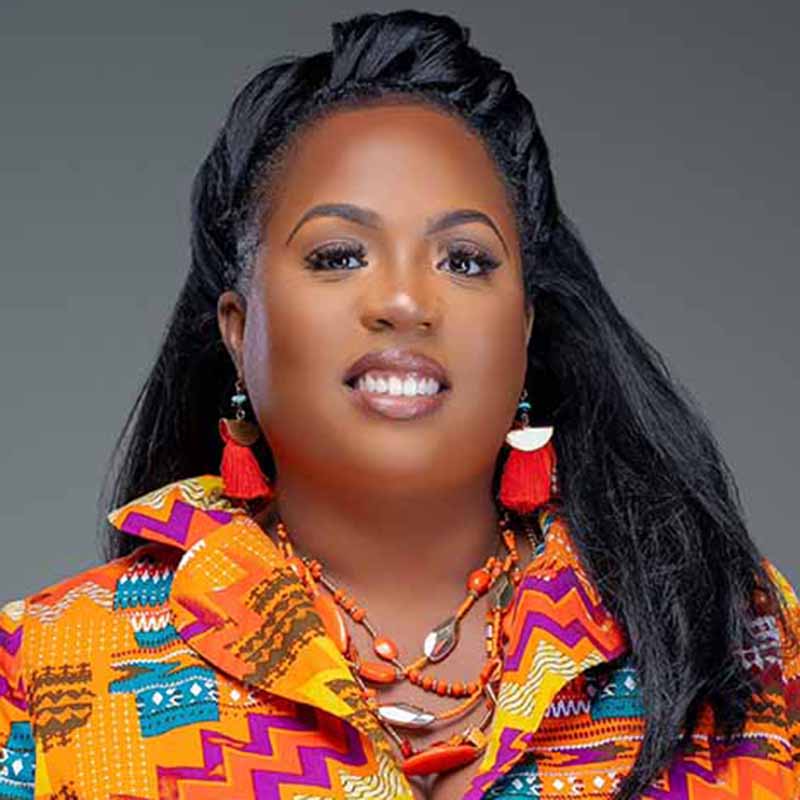Dr. Martin Luther King Jr. remains one of the most powerful symbols of social justice, equality, and nonviolent resistance in the world. His words and actions sparked profound changes in American society, but his influence has extended far beyond national borders. Central to his legacy is the way he used inclusive communications—his ability to connect with people from all walks of life, speak to their shared humanity, and inspire action toward a more just and equitable society. As we reflect on his life and work, it’s crucial to examine how Dr. King’s communication style can serve as a model for today’s world, where inclusive communication is more important than ever.
1. Appeal to Shared Values
One of the most powerful aspects of Dr. King’s communication was his ability to articulate a vision that transcended race, class, and geography. He often appealed to the universal ideals of justice, love, and equality—values that are central to the human experience, regardless of background.
By invoking a moral and spiritual framework that transcended racial divides, Dr. King’s words resonated with people across the spectrum. His ability to connect the specific struggle of African Americans with broader human rights principles made his message inclusive, powerful, and globally relevant.
In his famous I Have a Dream speech, for example, Dr. King did not merely call for an end to segregation; he articulated a vision of a racially integrated America where people of all races and creeds could live together in harmony. He spoke to the shared values of freedom and equality that resonate with people of all backgrounds.
2. Use Nonviolent Language to Foster Unity
At a time when many were advocating for violent resistance, Dr. King’s inclusive communication was firmly grounded in the philosophy of nonviolence. His commitment to peaceful protests, alongside his ability to speak in ways that promoted unity rather than division, helped broaden his appeal. Dr. King’s message was about reconciliation and healing, not revenge or retribution. He sought to include even his opponents in the dialogue, emphasizing the shared responsibility of all people to work toward justice.
King’s insistence on mutual respect and understanding even in the face of injustice was not just a moral choice but a strategic one—appealing to the collective conscience of a nation, reminding everyone that freedom and justice for one is freedom and justice for all.
3. Speak in Ways That Empower the Marginalized
Dr. King’s speeches and writings always uplifted the voices of those who had been marginalized by society. He constantly emphasized that the fight for civil rights was not just a Black issue, but a human issue. His communication was not only inclusive in terms of race, but also in terms of class, gender, and other identities.
Through this, Dr. King broadened the scope of his message, urging people to see the links between racism, poverty, and inequality. He advocated for the inclusion of not only African Americans but also poor whites, Latinos, Native Americans, and other marginalized groups in the quest for justice. Dr. King’s inclusive language empowered the disenfranchised, calling on everyone to fight together for a better future.
As we continue to navigate a world filled with complex social issues, Dr. King’s example serves as a powerful reminder of the importance of inclusive communication. His speeches were not just about facts and figures—they were about painting a picture of a better future and giving people a sense of hope and purpose. His commitment to inclusive communication helped propel a social revolution in the United States, and his legacy continues to inspire movements for justice and equality worldwide. In our own time, we face new challenges, but the principles of inclusive communication that King championed remain as relevant as ever.
By embracing the spirit of inclusivity in our own communication—whether through our words, actions, or platforms—we can carry forward Dr. King’s dream of a more just, compassionate, and equitable world. Inclusive communication is not just a technique, but a moral responsibility, one that can transform the way we connect with each other and build a better, more united society.









